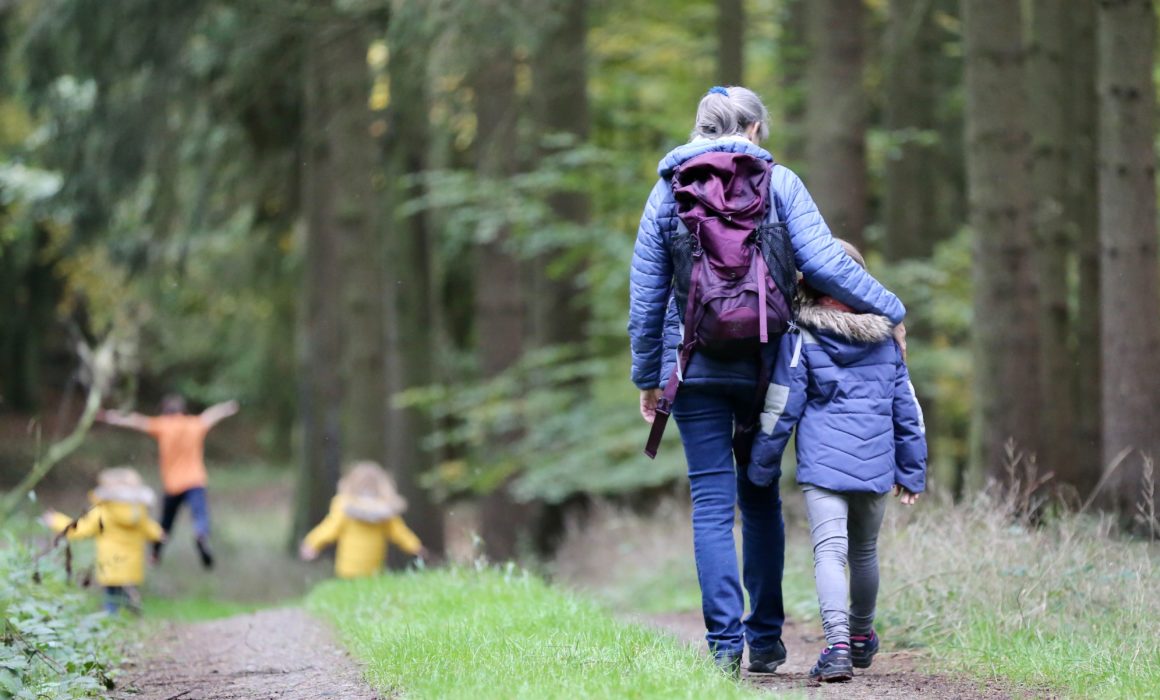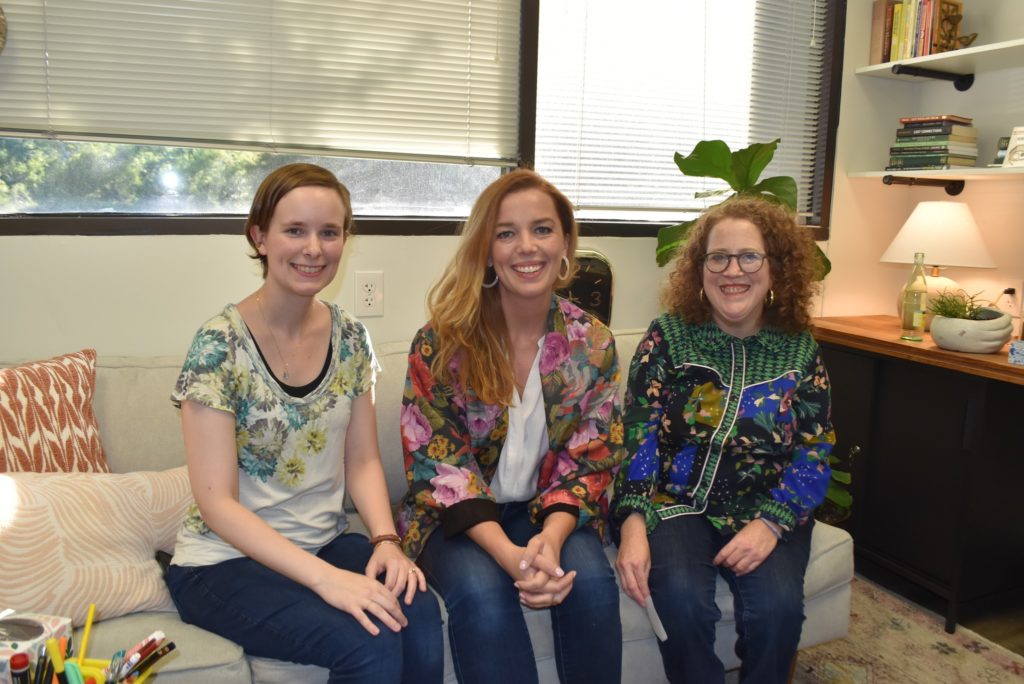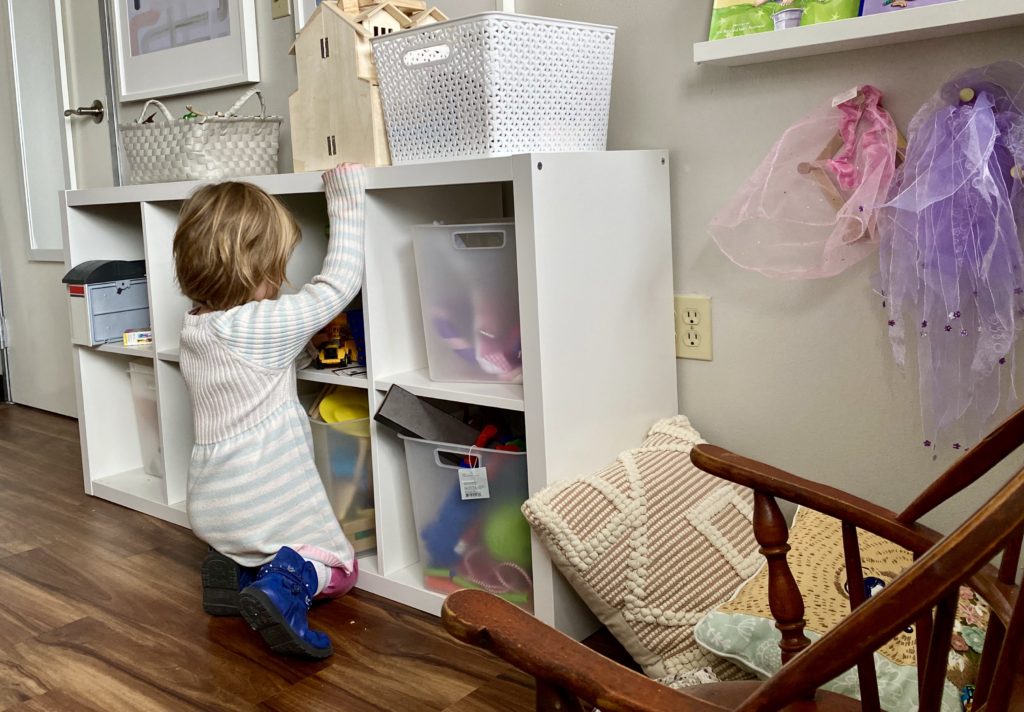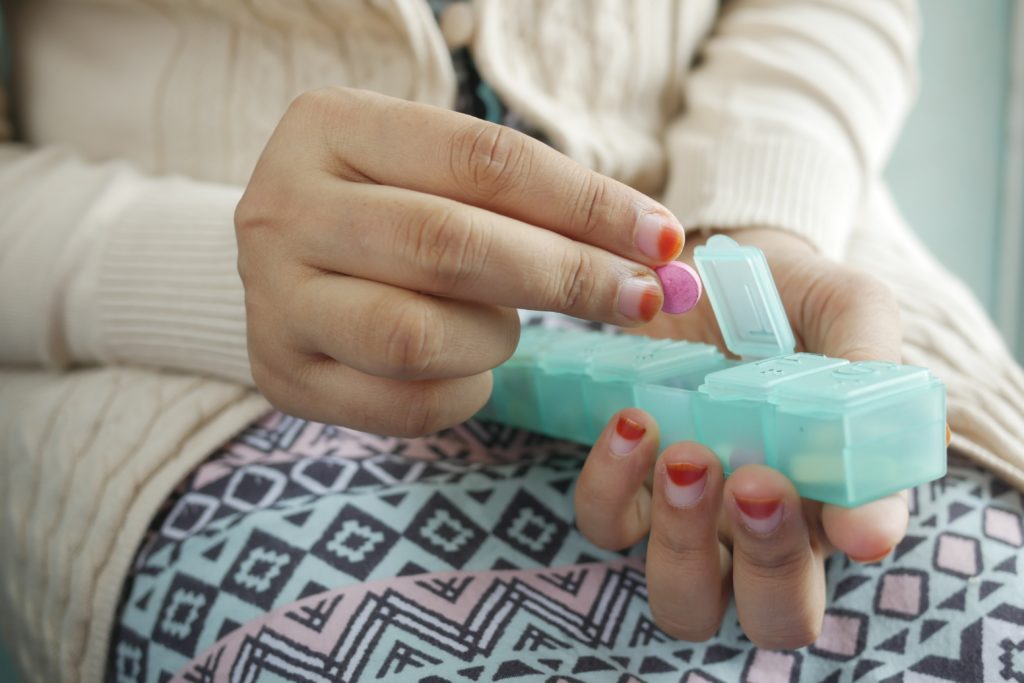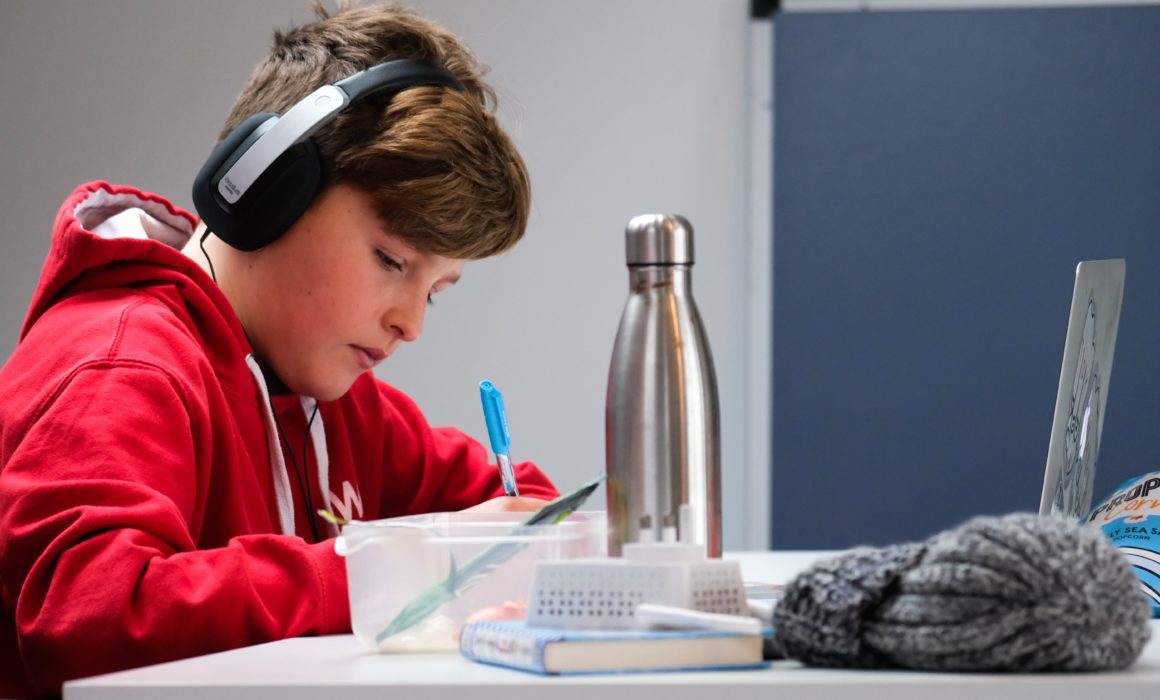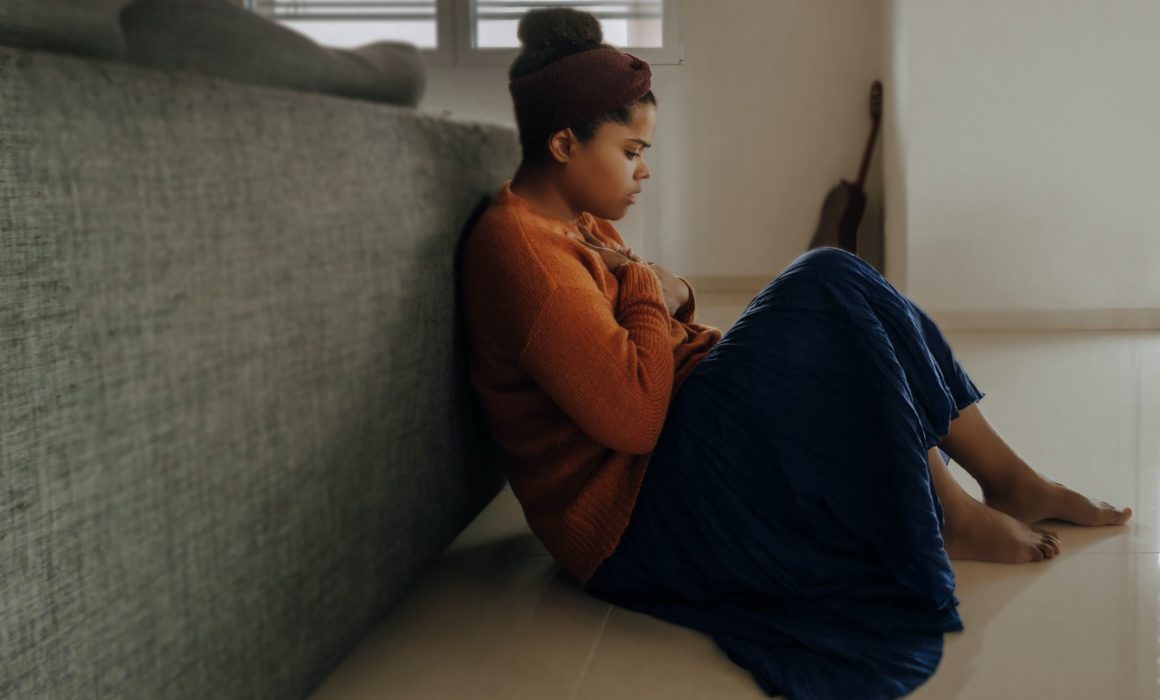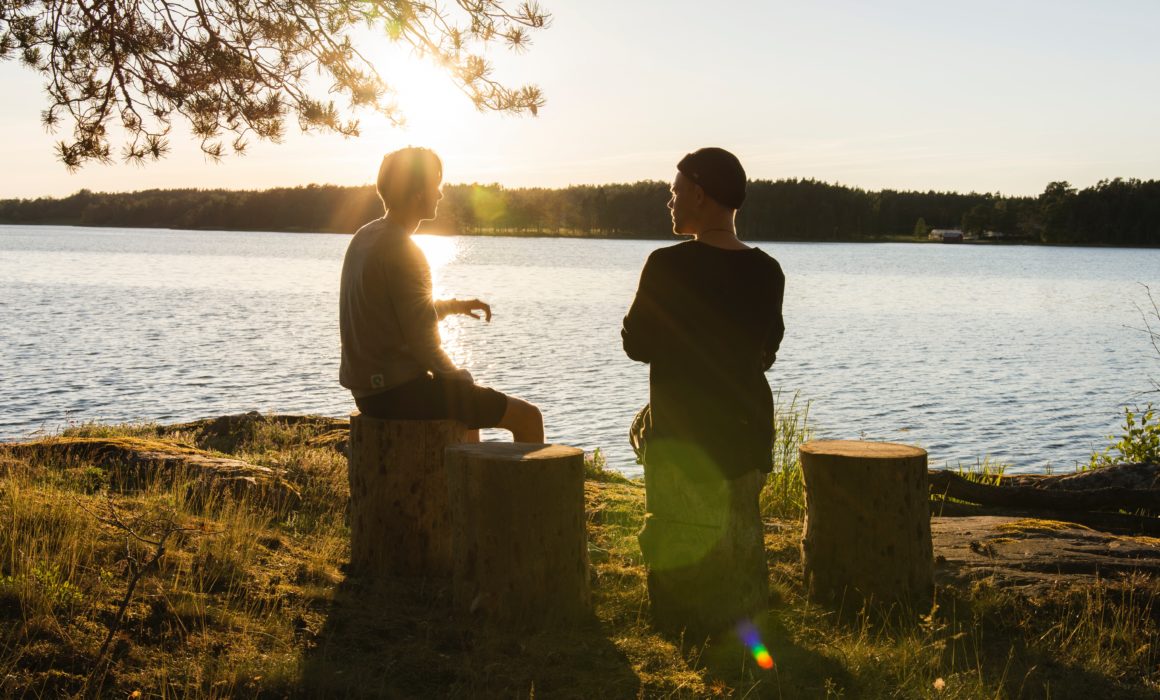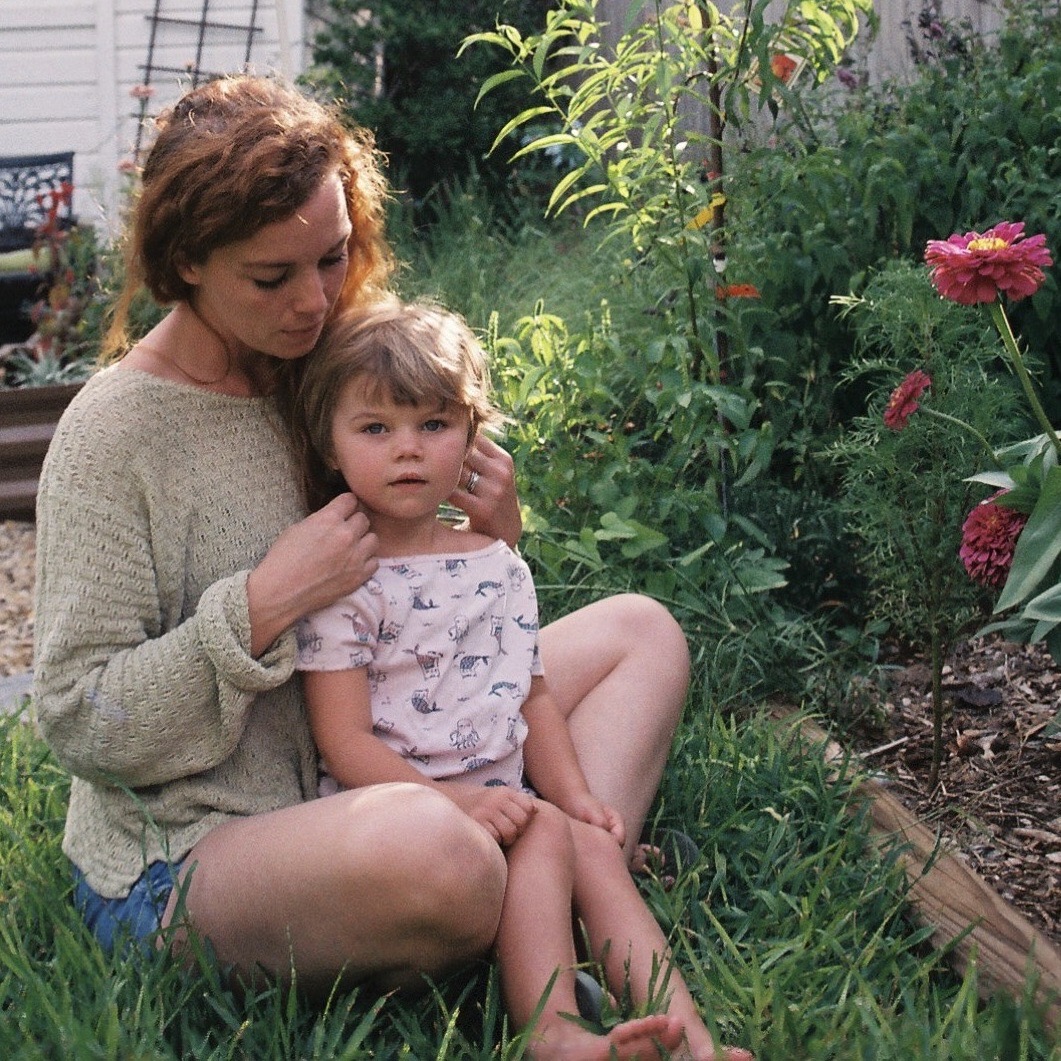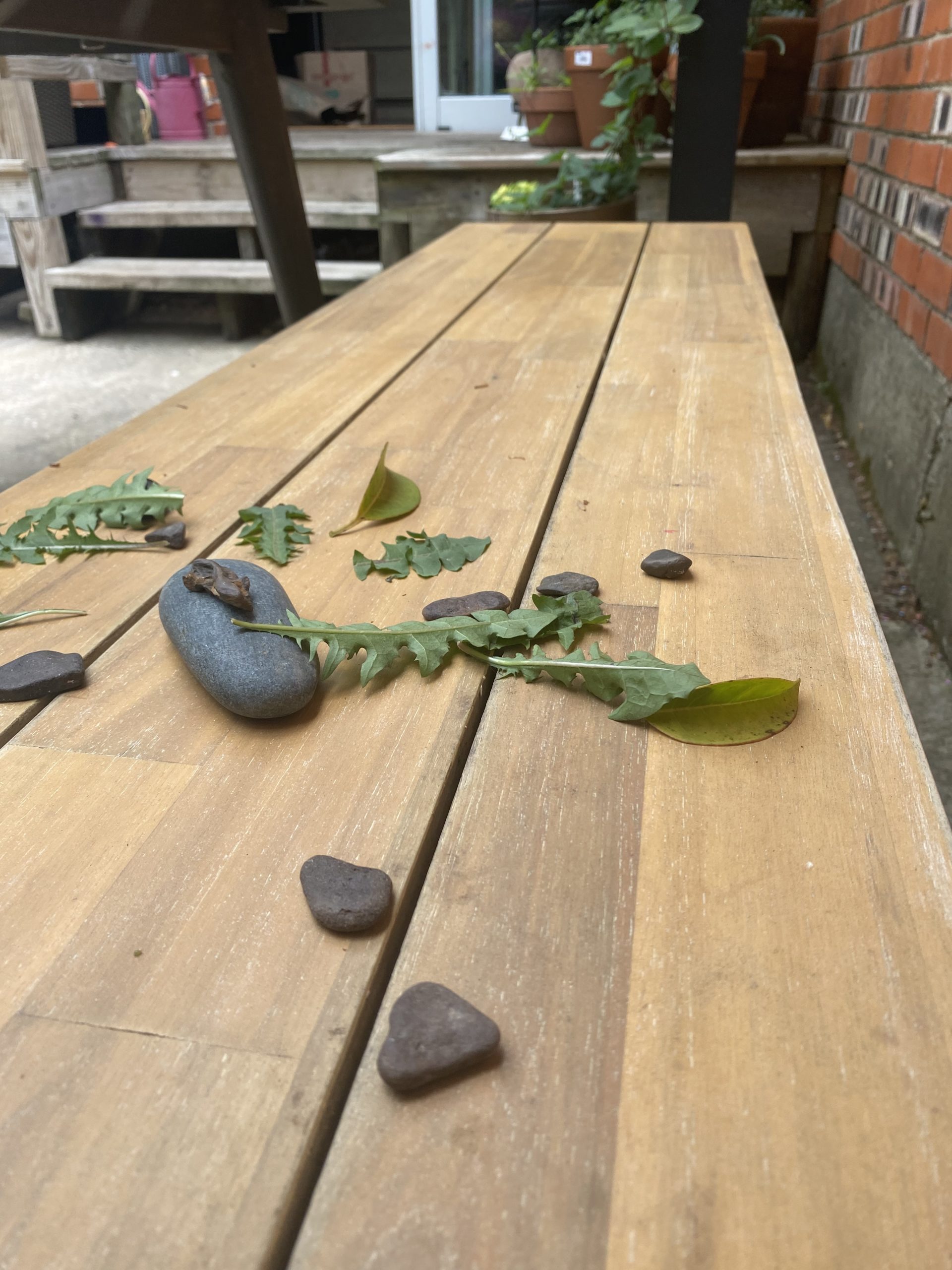Your child’s teacher thinks they have ADHD… now what?
Some things to consider before jumping to labels or medication:
–Breathe, relax. A teacher recommending getting a child assessed for ADHD isn’t the same thing as your child receiving a diagnosis. This doesn’t mean that your child is already labeled with this diagnosis. You are allowed to question them, take some time to determine what is best for you, AND get a second opinion outside the school.
–You might want to talk to someone you trust who either has ADHD or has a child with ADHD to get a more personal take of what it looks and feels like for them. It is true that ADHD exists on a spectrum and different people experience it differently, but it can help to get a ‘real life’ perspective and see how it resonates with you at all.
–Talk to people in other settings and get their experience with your child. The indicators of ADHD have to be present in at least 2 settings for it to be diagnosable. If your child only shows those behaviors at school, for example, then you might be talking about a different issue. These people could be grandparents, your kid’s soccer coach or their teacher from last year.
–Make a list of all of your questions and your fears, no matter how catastrophic or trivial they might seem. Then decide what you really want to know and bring them to a professional you trust to assess your child. Often counselors will do a discovery call, or introduction call to see if they are a good fit for you. (Read more about our approach here)
–Be honest about what you want or need in getting your child assessed. If you are strongly opposed to medicine, be clear about that. Or if you have a full schedule, be clear about what therapies, coaching or tutoring you can commit to in order to address ADHD.
At EDT we understand that even the suggestion that your child may be differently wired or need a diagnosis can be scary or overwhelming. We are happy to speak with you about your family’s needs and explain how our assessment process works. If we are the right fit for your child, we would be honored to walk through this experience with you and your child.



